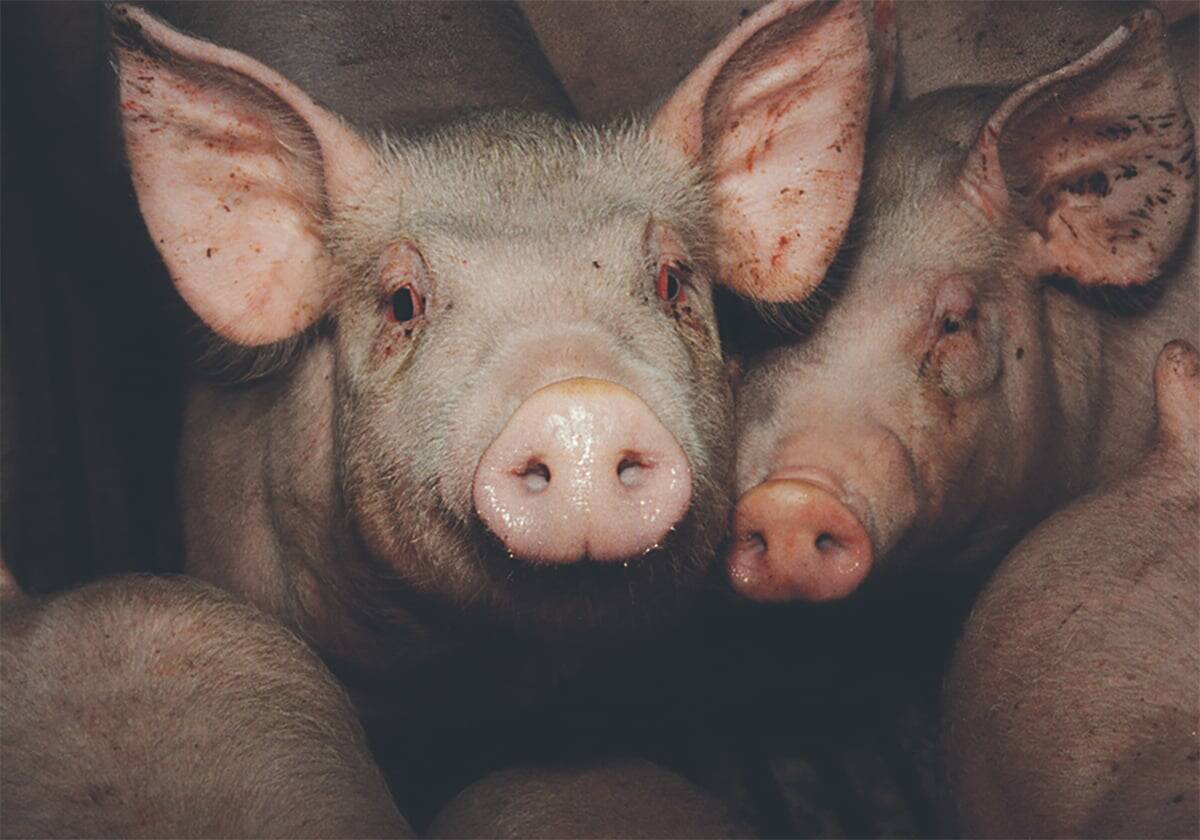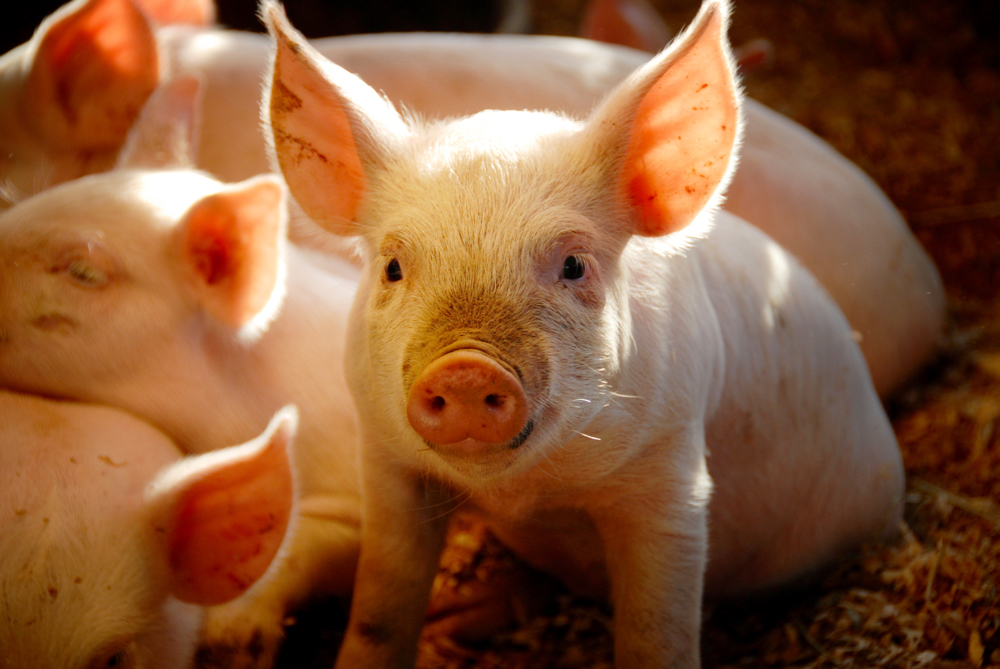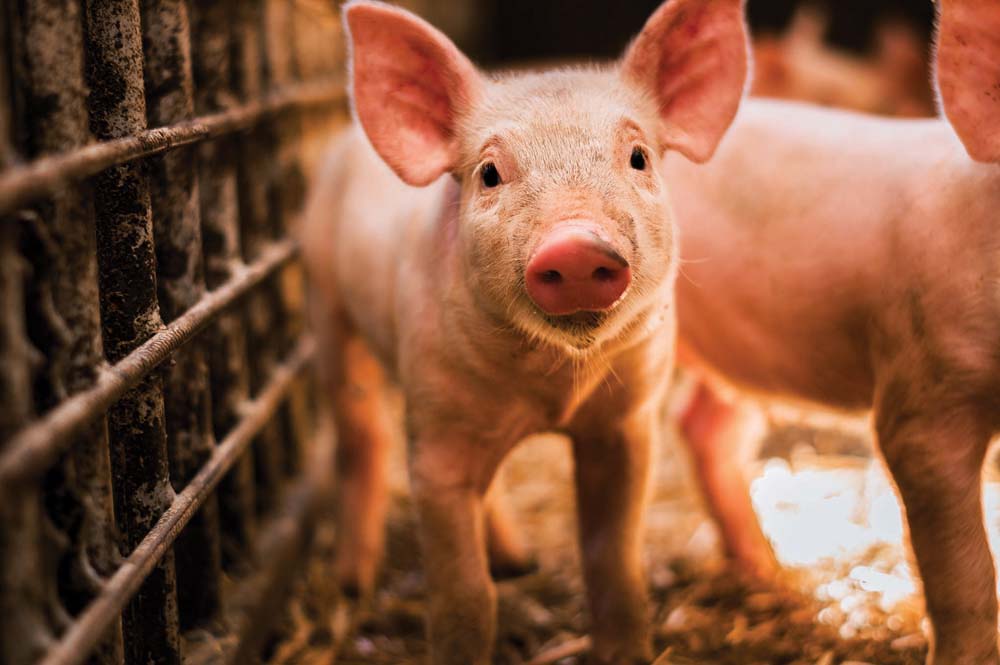The Philippines has asked the UN Food and Agriculture Organization (FAO) for help in stopping the spread of Ebola-Reston virus after an infection was found in some hog farms early this year, an official said on Dec. 17.
The Agriculture Department has sent requests to the FAO to test an initial 10,000 swine in two quarantined hog farms in northern Luzon island, Davinio Catbagan, director of bureau of animal and industry, said in a statement.
The World Health Organization (WHO) has said it considers the case a “low public health risk” because the Ebola virus strain found in the Philippines was not known to be fatal in humans in the past.
Read Also

Scientists discover cause of pig ear necrosis
A University of Saskatchewan team, through years of research, has discovered new information about pig ear necrosis and what hog farmers can do to control it.
Catbagan said a team of experts from the FAO and the WHO would also assist in setting up diagnostic and prevention and communications plans.
The presence of the Ebola-Reston virus in some pigs in two commercial farms and two backyard farms in the country was the first such case anywhere in the world, Caroline-Ann Coulombe, a WHO spokeswoman in Manila, has said.
The Ebola-Reston virus had been previously detected in some Philippine monkeys.














